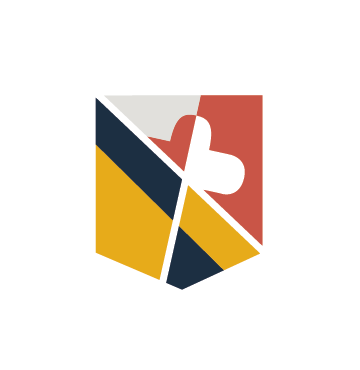The Kirwan Center plays a critical role in building capacity for academic transformation within the University System of Maryland and beyond. We do this by bringing together leaders in academic change to collaborate, share ideas, and examine the impact of shifts in educational practices.
The Kirwan Center is engaging USM centers for teaching and learning (CTLs) in a cohorted self-study process utilizing the Center for Teaching and Learning Matrix produced by the American Council on Education and the POD Network. The project aims to help each individual CTL identify strengths and areas for development and to better leverage the collective offerings of the CTLs across the system in support of faculty professional growth and improved teaching and learning.
The Kirwan Center is also focused on building systemwide capacity to support the scholarship of teaching and learning (SoTL), defined as the systematic investigation of student learning, instruction, and/or teaching innovations and the dissemination of findings so as to contribute to a broader knowledge community. SoTL projects at their essence aim to improve student success by providing an evidence base to help inform course design and instructional decisions undertaken by faculty and programs.
In 2023, the Kirwan Center launched the Elkins Fellowships for the Scholarship of Teaching and Learning, which support an annual cohort of USM faculty in undertaking SoTL projects. In line with the USM strategic plan, projects examining some aspect of diversity, equity, and inclusion are especially encouraged.
The Call for Proposals for the 2024-25 Elkins SoTL Fellowships has now closed. The Elkins SoTL Fellowships are open to USM faculty of any rank or appointment. Full details are available in the CFP, and questions about the program may be directed to Kirwan Center staff at cai@usmd.edu. On Thursday, February 8, 2024, the Kirwan Center hosted an Information Session to highlight the Fellowship requirements, expectations, and examples of projects from the current cohort of Fellows. View the session slide deck.
The Kirwan Center has also partnered with the Human Research Protection Program in the UMCP Division of Research in the development of a systemwide IRB protocol for USM faculty engaging in SoTL research projects that pose minimal risk to participants. The Kirwan Center oversees the standing SoTL IRB protocol that has been approved by UMCP’s Institutional Review Board. With the protocol and appropriate institutional agreements in place, USM faculty can propose specific SoTL projects using a streamlined amendment form that is submitted to the UMCP IRB for expedited review. The process will allow faculty to receive a timely turnaround on project proposals while freeing up precious time for local IRBs across the System.
In 2020, during the height of the COVID-19 pandemic, the Kirwan Center supported academic change across the System through the USM OnTrack initiative. The Kirwan Center and University of Maryland Global Campus (UMGC) partnered to help USM institutions adapt both their technology infrastructure use and teaching methods to produce optimally effective learning environments—whether online, face-to-face, or some combination of both.
Early in its formation, the Kirwan Center convened a national Leading Academic Change Summit, bringing together 60 academic innovation leaders representing public and private universities, colleges, and state systems offices. During the two-day conference, participants shared insights into how people learn and how that knowledge can be combined with emerging technologies to transform and improve the student experience. Additionally, the Kirwan Center released a market scan of postsecondary academic innovation centers across the country.







